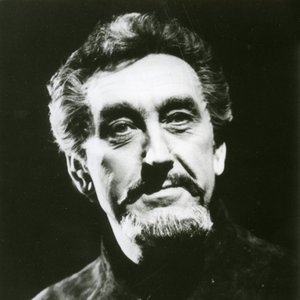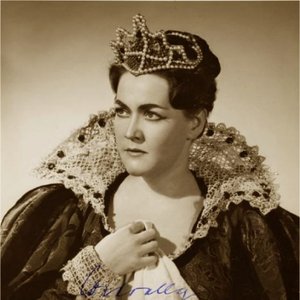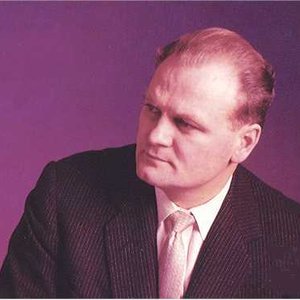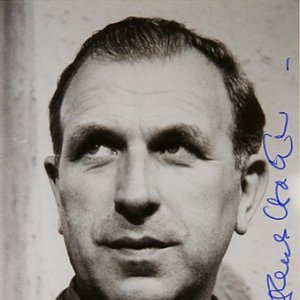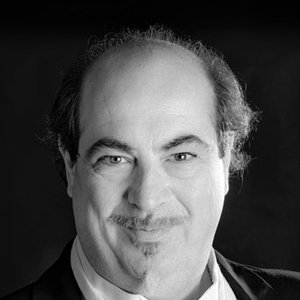Biography
-
Born
12 December 1906
-
Born In
Köln, Nordrhein-Westfalen, Germany
-
Died
7 September 1971 (aged 64)
Ludwig Suthaus was a stonemason's apprentice when his singing talents were first discovered. He subsequently started his voice studies at the age of 17 in his hometown of Cologne. His teacher, Julius Lenz, originally mistook him for a baritone, but in 1928 Suthaus debuted as a tenor in Aachen in the role of Walther von Stolzing in Richard Wagner's Die Meistersinger von Nürnberg. From 1932 to 1941, he was engaged in Stuttgart, but was fired in 1942 because he would not join the Nazi party.
Suthaus subsequently got a new contract at the Berlin State Opera, the management of which didn't seem to mind the missing party membership. After the war, in 1949, he switched from the State Opera - now based in East Berlin - to the "Städtische Oper" which was based in West Berlin, and remained a member of that company until the end of his career.
Since the end of the forties Suthaus appeared regularly at the Vienna State Opera and as guest at the Royal Opera House Covent Garden, London, La Scala, Milan, in Paris, Stuttgart, the Bavarian State Opera in Munich, in San Francisco and at Hamburg State Opera.
Beginning in 1943, he regularly appeared at the Bayreuth Festival where he sang Loge in "Das Rheingold", Siegmund in Die Walküre and Walther von Stolzing in Die Meistersinger von Nürnberg, which was recorded (1943), Hermann Abendroth conducting.
Suthaus was one of Wilhelm Furtwängler's favorite singers toward the end of his life. With Furtwängler, Suthaus recorded Tristan und Isolde (1952); Der Ring des Nibelungen as Siegfried (1953); and Die Walküre as Siegmund (1954) (Furtwängler's last opera recording).
He had to quit his career suddenly after a car accident, and died at only 64 years.
Ludwig Suthaus's voice did not have the radiance and vocal energy of Lauritz Melchior, but sounded slightly coarse and melancholic. He was never a youthful hero, but gave his best performances when he sang broken characters. In his time he was not as widely appreciated as his contemporaries Günther Treptow, Max Lorenz or Ramón Vinay.
Today, his performance as Tristan in the Furtwängler recording is considered one of the best on record, next to those of Melchior and Jon Vickers.
Artist descriptions on Last.fm are editable by everyone. Feel free to contribute!
All user-contributed text on this page is available under the Creative Commons Attribution-ShareAlike License; additional terms may apply.



